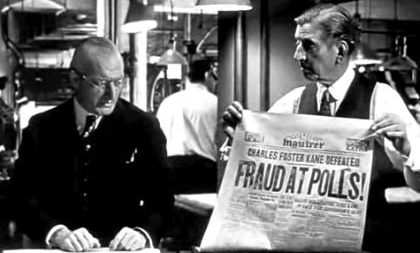You could understand if Phil Scott and Sue Minter find themselves sympathizing with the plight of Sisyphus. Having won their respective primaries, they now face the task of refilling their nearly-empty warchests, and ASAP if you please.
The major-party nominees raised an ungodly (by Vermont standards) amount of money, and spent almost all of it just to get through their primaries.
The grim totals: Minter raised more than a million dollars — and spent all but $54,000 fending off the weaker-than-expected candidacies of Matt Dunne and Peter Galbraith.
Scott enters the general campaign with $158,000 in the bank. But he entered the primary race with $95K left over from his previous walkovers for lieutenant governor. Without that cushion, he’d be dead even with Minter in cash on hand. In terms of money raised during the current campaign, he actually trails both Minter and Dunne.
The big question now: which candidate has more fundraising upside for what promises to be a very costly general campaign? I’m guessing Minter, for three reasons: (1) the Democratic money pool in Vermont is much bigger than the Republican, (2) she’s getting a rich return from her EMILY’s List endorsement, and (3) she’s got a friend with deep D.C. ties.
As fellow political observer Steve Terry pointed out (in a post-primary appearance on WDEV’s Open Mike), one of the backstage presences in the Minter campaign is one Luke Albee. Albee, for those just joining us, is a former longtime Pat Leahy staffer and well-connected D.C. insider. He’s played a key role in helping Leahy and other Vermont Democrats tap into the Washington donor pool. Very effectively.
This campaign will be a test for Vermont Republican moneybags. Can they keep up a blistering pace on behalf of the VTGOP’s Great White Hope? I have my doubts, but we shall see.
Subsidiary question: where do Vermont’s business interests put their money? They’ve been curiously absent from Republican donor lists in recent years. Will they see an opportunity to back a potential Republican winner? Or will they continue to play realpolitik with the Democrats who, even if they lose the corner office, will control the legislative process?
And then there’s the outside groups. SuperPACs poured significant money into both primaries; the Republican Governors Association has already begun airing TV ads for Scott. The Democratic Governors Association has promised to counter anything RGA does, plus Minter can count on more outside spending from EMILY’s List-related groups.
It’s going to be hella expensive. Sales reps for WCAX, WPTZ, and Comcast are rubbing their hands together thinking about fat bonus checks. (I’d love to know how much those three media outlets profited from the primary campaigns. It’s got to be well into seven figures.)
Will it set an all-time record for most expensive campaign in Vermont history? Probably not, but there’s a caveat. The very unique 2006 Senate campaign between Rich Tarrant and Bernie Sanders cost a combined $13 million. With $5.4 million spent on the primary, this year’s gubernatorial race would seem to have a long way to go.
But consider this. There were no SuperPACs in 2006. If you add the outside dollars to candidate expenditures for this year’s run for governor, I wouldn’t be surprised if we beat that Tarrant/Sanders record.
Whoopee for us.
And remember, those outside expenditures cannot legally be coordinated with candidates’ campaigns, which means the outside groups will be making their own decisions on strategy and tactics. I expect we won’t see much in the way of attack advertising from Minter or Scott; but I’d be shocked if the SuperPACs don’t venture into the Dark Side.

We have the best democracy that money can buy and it sure has bought it.
I’m watching Sue’s reliance on outside dollars with increasing alarm. It’s one thing to say “I’m just keeping up with my opponents’ fundraising”, but it’s quite another to be bringing in “Machine” consultants and politicians who dredge up the baggage that comes with national party connections (on both sides of the aisle).
I’m not holding my breath, but both Gov. candidates should make a pledge to not use PAC money.